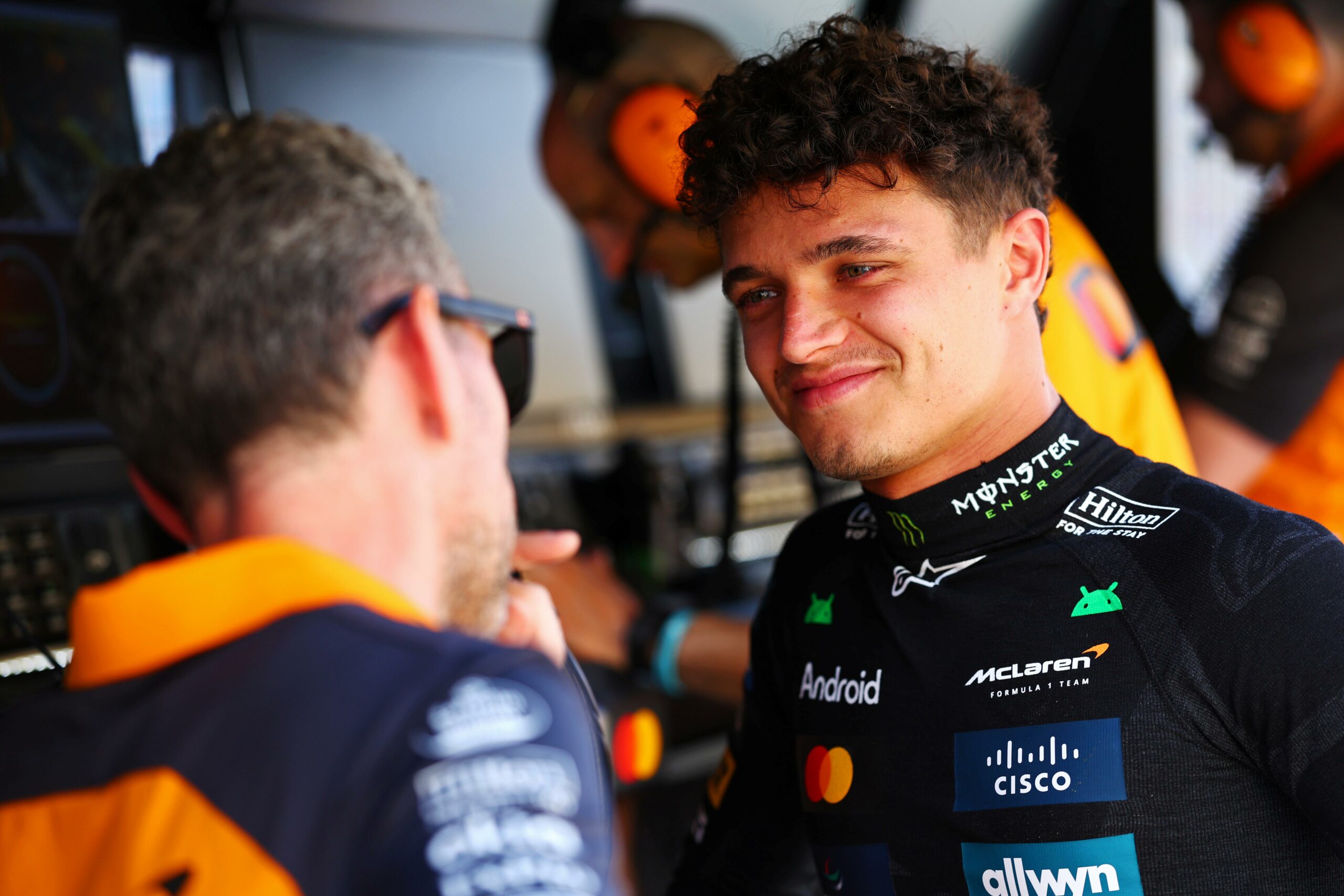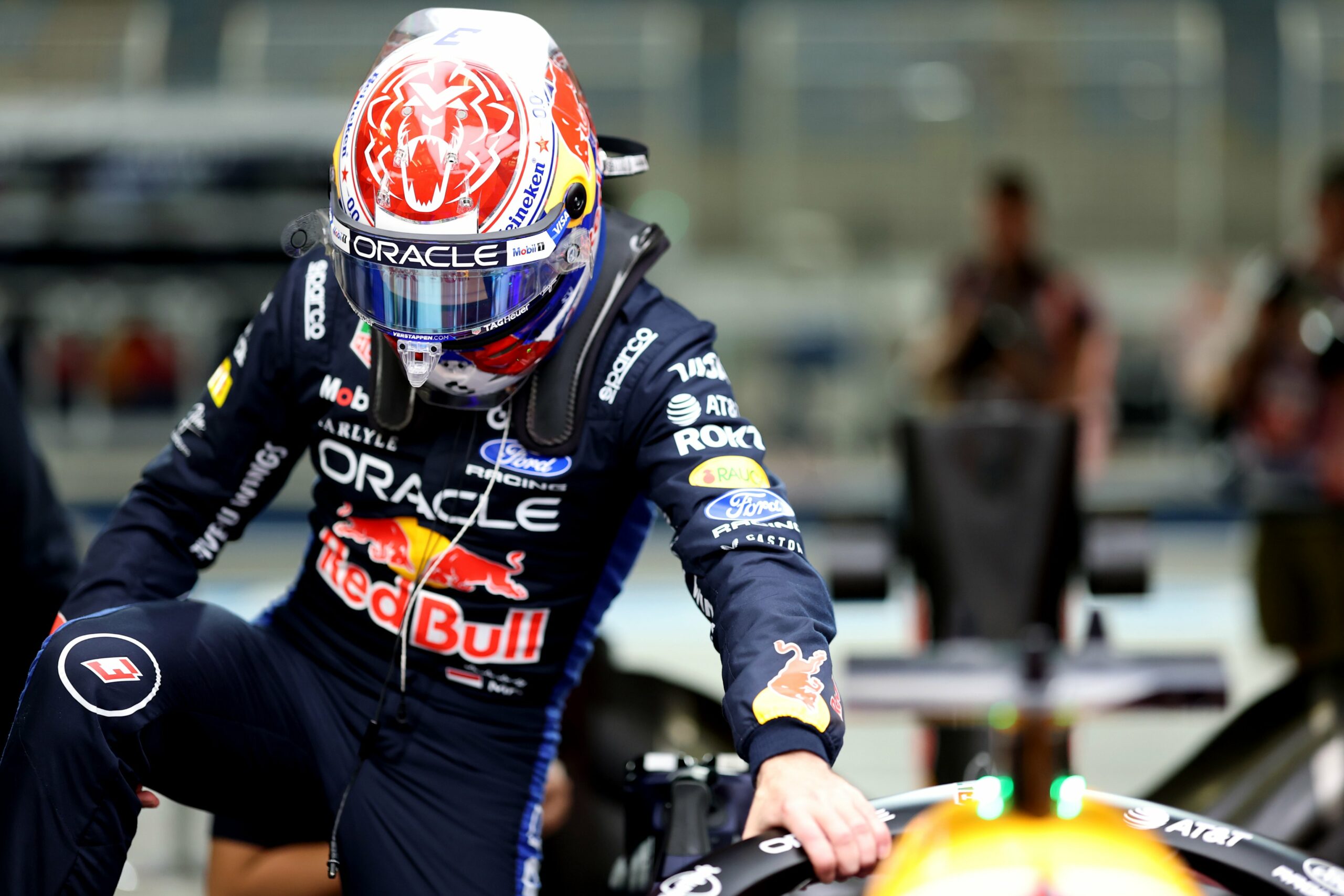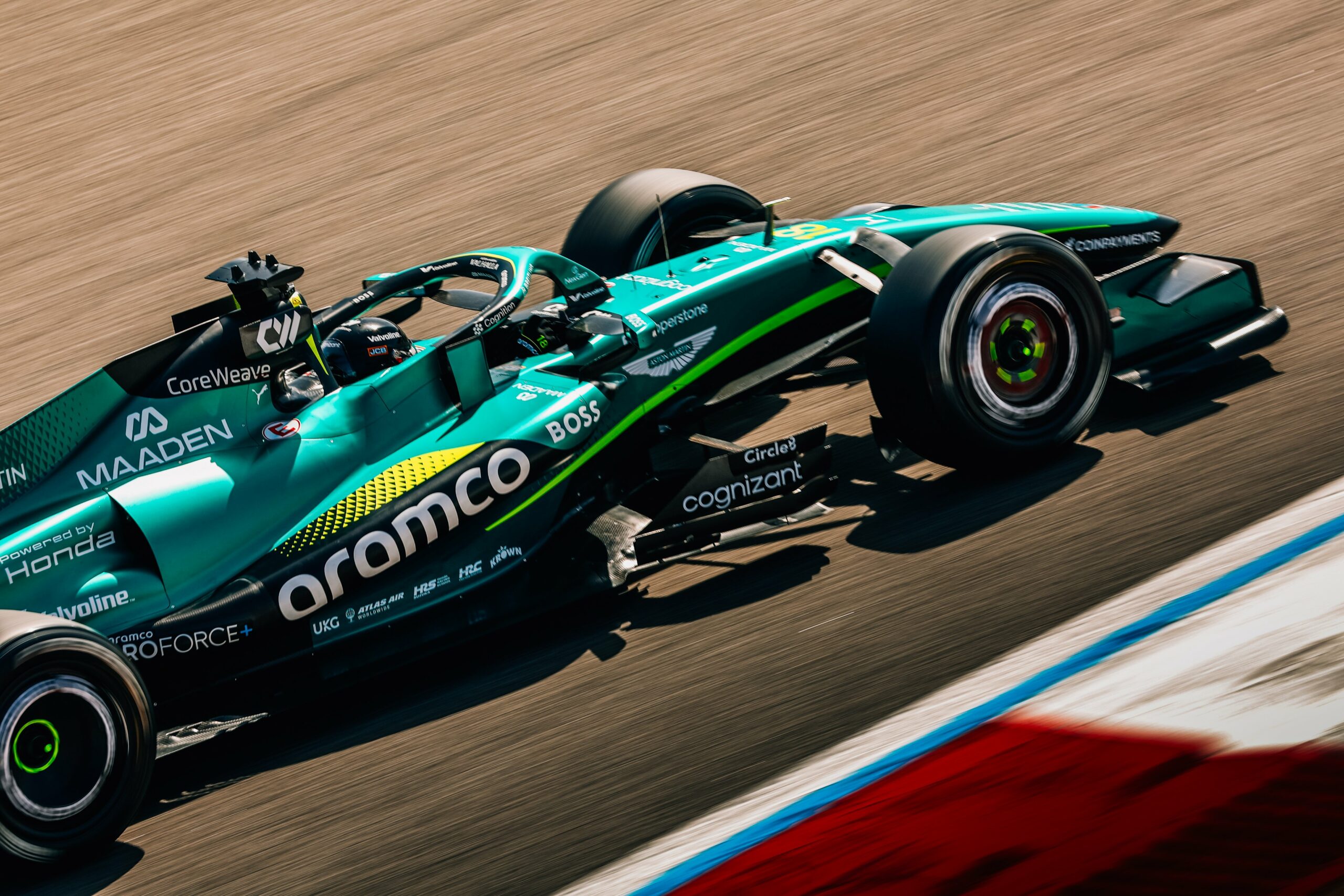The sounds of victory echoed through the streets of Miami as Lando Norris earned his first-ever Formula 1 win after 110 race starts on May 5th 2024, at The Miami Grand Prix.
Marking the beginning of fierce battles and victories as he drove McLaren to win their first Constructors’ Championship since 1998.
The 2024 season was an eye-opener for Norris, establishing that he can fight for a championship title.
A year after his maiden win, Norris won the first race of the 2025 season and led the Drivers’ championship for four rounds, continuing to drive with determination to get back on top.
However, the path to victory came with a cost

Norris has faced severe criticism from those within Formula 1 and online, being labelled as ‘dramatic’ and ‘weak-minded’, while being mocked for his honesty about struggling with mental health issues.
In a recent interview with Formula 1, Norris stated:
“I’ve always been tough on myself.”
Since his fight for the 2024 championship title began, he has displayed moments of self-doubt.
Often questions his abilities, berates himself during slip-ups, and expresses his disappointment in not being good enough.
His willingness to be candid makes him human, adding a layer of reality to the fast-paced world.
However, former world champion Alan Jones, who understands the mental pressures of being a driver, referred to Norris as “weak-minded,” a phrase that’s too normalized in Formula 1.
Such comments are not only outdated — they’re dangerous
In a sport where the pressure to perform is relentless, dismissing honesty as weakness only reinforces the toxic narrative that athletes must suppress their emotions to be taken seriously.
Younger drivers like Isack Hadjar also received criticism for being emotional.
Hadjar faced backlash from Red Bull advisor Helmut Marko for crying when he failed to start his first Formula 1 race at the Australian Grand Prix, describing his response as “embarrassing.”
Silence is treated as ‘toughness’, a term that not only weaponizes toxic attitudes towards mental health but also highlights how vulnerability is discouraged.
Luckily, not everyone supports the outdated way of thinking. In a recent interview with Sky Sports, Sebastian Vettel publicly extended his support for Norris in Saudi Arabia, saying:
“The threat now is that people talk about what he’s maybe going through, and interpret it as a sign of weakness.
The four-time world champion praised the McLaren driver for being “courageous” and argued there’s “nothing wrong with him,” as self-doubt remains a regular part of everyday life, Formula 1 driver or not.
In a world that views drivers as mere assets driving for perfection and lap times, Vettel’s support displays empathy.
Norris’s vulnerability is encouragement for current and future drivers to be honest and true to themselves.
As Formula 1 continues to grow, it must embrace vulnerability, which humanizes the sport and redefines the concept of a ‘champion’.
Because champions aren’t just fast laps and podiums.
They are people who break down and criticise themselves.
It isn’t always the golden moments.
It’s what goes on behind the scenes and how they rebuild.
As Lando Norris continues his fight for the title..
His greatest win is not just on the race track, but in the hearts of fans and athletes who feel seen and supported.





